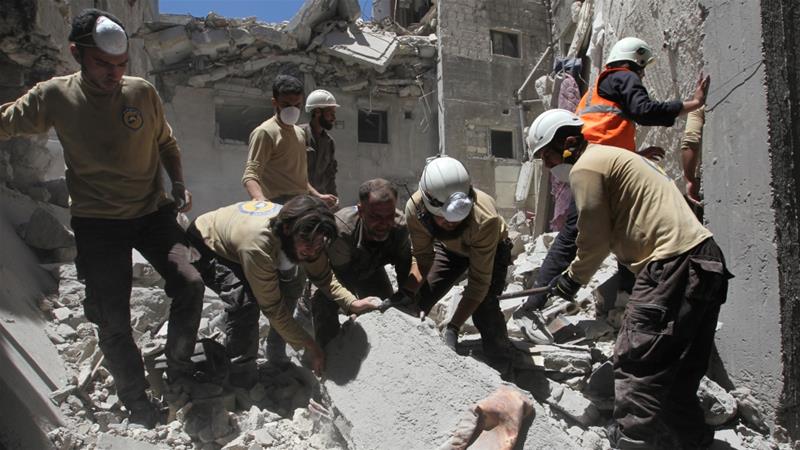Newly-constructed COVID-19 Isolation Ward opens in Dohuk
A 20-bed Isolation Ward designed to handle the most severe COVID-19 patients has been officially opened by the Governor of Dohuk in partnership with the United States Agency for International Development (USAID) and the United Nations Development Programme (UNDP) in Iraq.
Constructed by UNDP and funded by USAID, the Isolation Ward sits adjacent to Dohuk’s Burns and Plastic Surgery Hospital and will serve a catchment area of 325,000 residents from Duhok, Akre, Semel, Zakho, Shekhan, Amedi and Bardarash districts. It includes life-saving medical equipment, most of which was also funded by USAID.
The facility is one of 13 isolation wards currently being established across the country by UNDP to support the Government of Iraq and Kurdistan Regional Government’s efforts to manage the COVID-19 pandemic. Other measures under UNDP’s response package include increasing the testing capacity of laboratories, providing personal protective equipment to healthcare workers and undertaking assessments to establish post-COVID-19 recovery strategies.
“The new isolation Ward is critical for Dohuk, which continues to host a high number of people displaced from the ISIL conflict, as well as Syrian refugees. This facility will help alleviate pressure on nearby health centers, providing quality care for infected patients and a purpose-built environment for frontline workers,” says Resident Representative of UNDP Iraq, Zena Ali Ahmad.
“This facility could not have been established without the generous funding from one of our key partners, USAID, so we are extremely grateful for their continuous support,” adds Ms Ali Ahmad.
“The United States is proud to continue helping communities through building facilities like this one. We will continue to work with the KRG as we face this pandemic, and we will all come through this together,” says U.S. Consul General Rob Waller.
In future, the Isolation Ward can be repurposed to treat patients with airborne infections and respiratory illnesses. The equipment can also be used to enhance the capacity of ICUs to provide intensive respiratory care.
(Source: UNDP)
The post New COVID-19 Isolation Ward opens in Dohuk first appeared on Iraq Business News.




